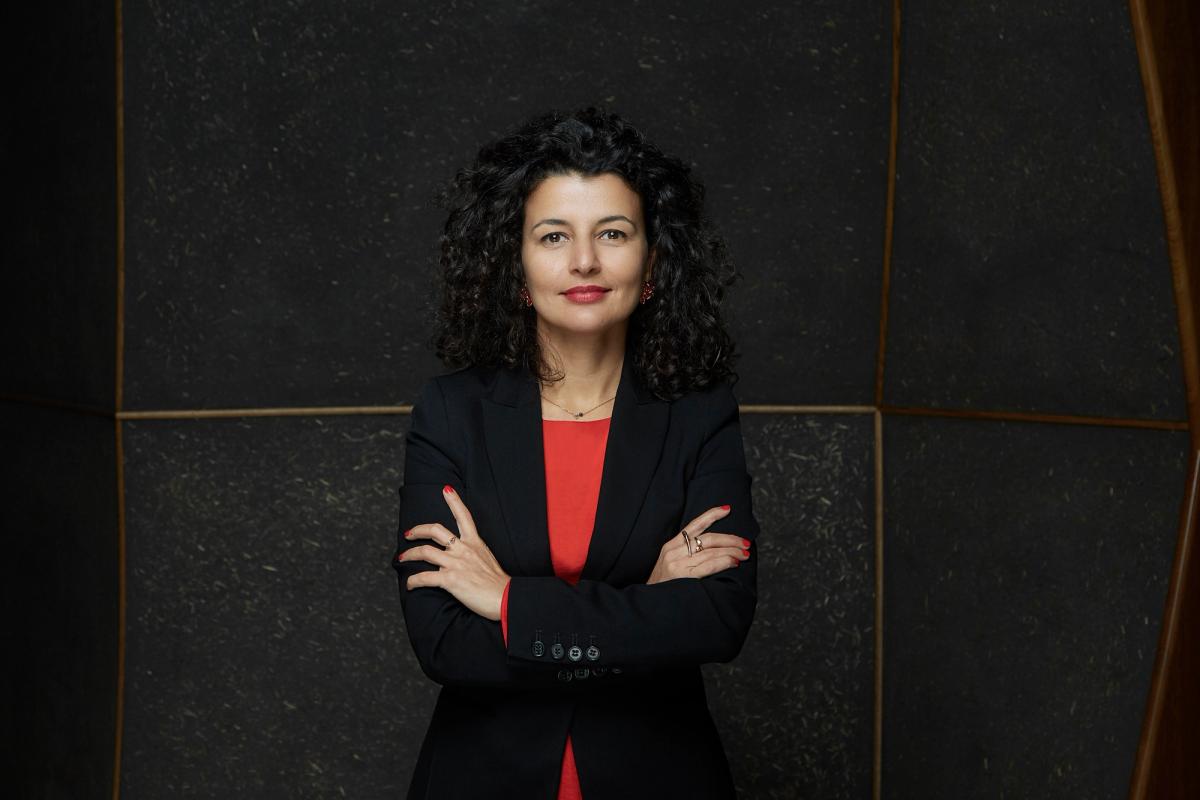If you could live with just one work of art, what would it be?
My answer to this question is ever-changing. I feel with each new exposure to works—not only contemporary but from history—I gain new insights and inspirations. In these days of isolation I like to watch the film Full Firearms (2012) by the British artist Emily Wardill on a loop, due to its mesmerising story-telling; the mystery of an apartment built for ghosts and the phantasmagorical flow of relations between the subjects.
Which cultural experience changed the way you see the world?
This is an ongoing encounter. If I were to go way back to my early years of self-exploration, it was the books I read during my teens. Starting with Turkish literature, my world expanded into different realms with the writings of Ingeborg Bachmann, Susan Sontag, Hermann Hesse, Walter Benjamin, Stefan Zweig and Cesare Pavese. I also remember very vividly the first film festival I went to when I was 16, in Izmir. The short films (that I could not now remember the directors of), pierced me for good, so much so that I acquired a film studies degree alongside my undergraduate degree in mathematics.
Which book most challenged your thinking?
Kurt Gödel’s Incompleteness Theorems (1931), since he showed that the world is a domain of inexplicable relationships. There is no end and there is no single definition that can hold everything. There is no universal set that does not contain itself, and there are possible cases where a truth and its negative can co-exist in the same system. That is to say, nothing—and most significantly mathematics—is an incomplete domain. I imagine the same holding true for the arts, which is why it fuels my amazement and wonder.
Which writer or poet do you return to the most?
Jorge Luis Borges’ Labyrinths (1962) and Umberto Eco’s How to Travel with a Salmon (1992). The former I read in intervals, the latter I flip through its pages almost on a daily basis. The former fuels my imagination, the latter amuses me with its strong arguments.
What are you watching, listening to or following that you would recommend?
During lockdown I have been frequently listening to podcasts, such as Knowledge Project, Culture Ops, Intelligence Squared, Worklife with Adam Grant, and Tara Brach among others. Music is a wild forest for me; recently I've been listening to Michael Friedman, Masego, Hamza El Din, Max Richter, Goksel, Duckwirth and Nil Karaibrahimgil.
I am also on Instagram more frequently than normal, following the #ArtistSupportPledge and Anne Hardy’s magical surveys on flora alongside feeds by dear friends including Sigrid Kirk, a co-founder of the Association of Women in the Arts (AWITA) [Ustek is a founding member]; the artist Sophie Anne Wyth; Katy Wick, the founder of the creative consultancy firm KTW London; the Spanish curator and art historian Chus Martinez; and of course AWITA and the Liverpool Biennial [Ustek is the director].
In terms of films, I would recommend BJo Nesbo’s Headhunters (2011), Guillermo del Toro’s Pan’s Labyrinth (2006), Tsai Ming-liang’s The River (1997) and The Hole (1998). For these intense sentimental days Jonas Mekas is my go-to filmmaker. I don’t have a TV so I work on channeling my energies catching up with reading instead of binge-watching.
Who is the most overrated cultural figure and who is the most under-rated?
I have been thinking that the composer and author Alma Mahler is the most overlooked cultural figure of the 20th century. She has been highly influential in literature, philosophy, visual arts and music. I wonder when there will be a film made on her or a book published? I don’t think anyone in culture is overrated; whoever is now visible is here due to their strenuous efforts, I believe.
What is art for?
I think art has a different description and meaning for everyone. For me, art enables entry into other worlds, other realms, and other ways of seeing. I have always been interested in the phenomenology of perception. Art is the immediate trigger of expanding horizons, of understanding and reception of the world. When you engage with art you step out of your reality, your comfort zone, in order to engage with a different reality. It is a selfless experience, akin to play.


